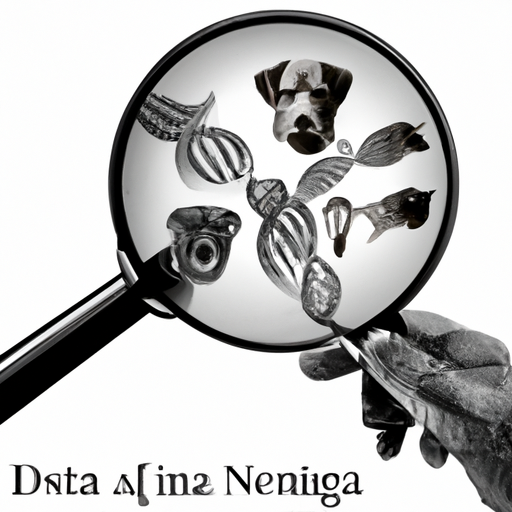As a caregiver, your duty extends beyond just providing food and shelter to your canine companion. You want to understand them better, comprehend their behaviour and anticipate their needs. Knowing the breed of your dog can be a crucial aspect of this understanding. In this guide, we’ll explore some useful methods you can use to determine your dog’s breed.
1. Physical Characteristics
Start your investigation by observing your dog’s physical characteristics. Dogs of different breeds have distinct features that set them apart.
- Size: Is your dog small, medium, or large?
- Fur: Is their coat short, long, thick, thin, curly, or straight? What’s the color?
- Ears: Are their ears floppy, pointed, or somewhere in between?
- Tail: Is their tail long, short, fluffy, or sleek?
Make a list of all these characteristics. Then, compare them to the standard physical traits of different breeds using a dog breed book or online resources.
2. Behavioral Traits
Every breed has specific behavioral traits. For example, Border Collies are known for their intelligence and energy, while Basset Hounds are typically relaxed and stubborn.
- Is your dog highly active or more laid back?
- Are they quick learners or do they require more time and patience?
- Do they tend to be protective, aggressive, friendly, or shy?
Compare your notes with breed-specific behavior profiles. Remember, individual temperament can vary, so this method is not foolproof.
3. DNA Testing
For a more accurate result, consider a DNA test. Many companies offer dog DNA test kits. You’ll need to collect a sample, usually a cheek swab, and send it back to the company. They will then analyze the sample and provide you with a report.
| Company | Price range | Time for results |
|---|---|---|
| Embark | $129 – $199 | 2-4 weeks |
| Wisdom Panel | $79 – $159 | 2-3 weeks |
| DNA My Dog | $68.99 – $188.99 | 2 weeks |
Remember, the accuracy of tests can vary, and they might not be able to identify rarer breeds.
4. Seek Professional Help
If you’re still unsure about your dog’s breed, consult a professional. Veterinarians and professional dog breeders can often provide educated guesses based on their experience and knowledge.
5. Adoption Papers or Previous Owner
If you adopted your dog or bought it from a previous owner, they may have information about the dog’s breed. Always ask for any available documentation or information.
FAQ
Q: How accurate are dog DNA tests?
A: While they can provide useful insights, their accuracy can vary, especially for mixed breeds or rarer breeds.
Q: Can a dog’s behavior determine their breed?
A: Not conclusively, as individual dogs may display different behaviors, but certain breeds do tend to have specific behavioral traits.
Q: What if I can’t afford a DNA test?
A: Physical and behavioral analysis, along with professional advice, can still provide valuable clues about your dog’s breed.
Q: Does knowing my dog’s breed matter?
A: It can help anticipate potential health issues, dietary needs, and behavior patterns, enhancing your ability to provide optimal care.
Remember, regardless of breed, every dog is unique and deserves love and care. Understanding your dog’s breed is a tool for better care, not a measure of their worth.



